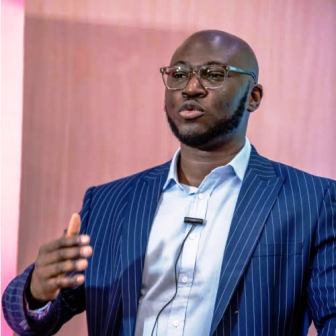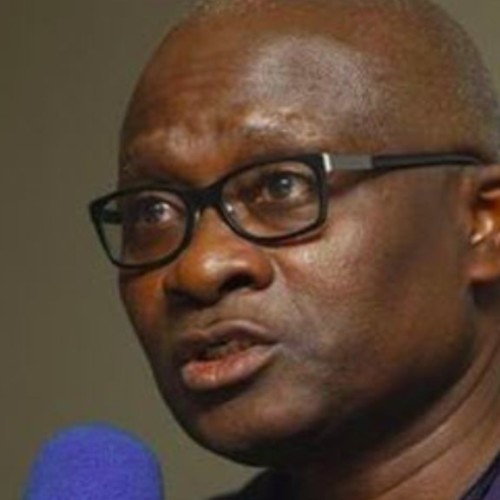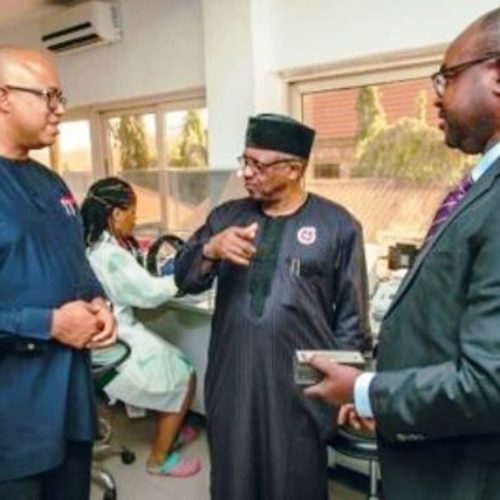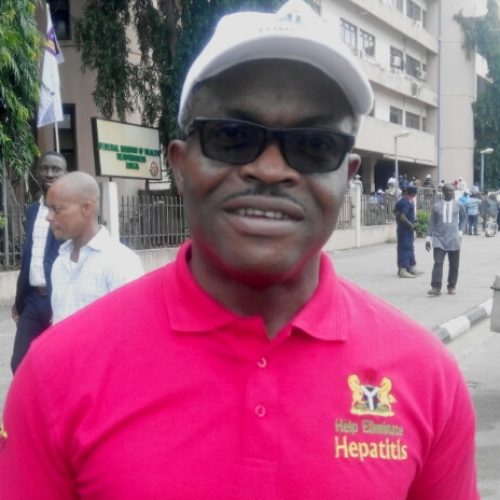54gene Sponsors Nigerian Scientists to develop capacity in genomic prediction and analysis of large-scale genome data
54gene, a health- technology company equalizing precision medicine for Africans and the global population through genomics research, advanced molecular diagnostics and clinical studies, has given out millions of Naira to train 50 Nigerian young scientists to attend a pre-conference workshop on genomic analysis, introducing the beneficiaries to genome-wide association study and genomic prediction analysis.
The support for the participants was granted to the Nigerian Bioinformatics and Genomics Network (NBGN) for the workshop and the 2nd Conference of the Nigerian Bioinformatics and Genomics Network held at Landmark University Omu-Aran Kwara State between 11-13, October 2021.
Announcing the support for NGBN, the CEO and founder of 54gene, Dr. Abasi Ene-Obong also said 54gene launched the African Centre for Translational Genomics (ACTG), a scientific body established to facilitate translational genetics research by African scientists.
According to him, the ACTG was launched to invest in the health ecosystem by empowering the next generation of African genomic scientists through the provision and implementation of grants, fellowships, internships and training for medical researchers, trainees and students. He also expressed the ACTG’s commitment to facilitating precision medicine across Africa through genomic research funding and training of young scientists to achieve their career goals.
In his keynote speech titled ‘Accelerated Achievement: How Bioinformatics and Genomics can advance the attainment of the Sustainable Development Goals’ at the conference opening ceremony, Dr. Ene-Obong reiterated the need for public-private partnership in building sustainable healthcare systems in Africa by 2030.
“In partnership with governments, healthcare workers, academia, patients, and other like-minded partners, our community can help the continent build its resilience in healthcare. To do this, we must tap into the brilliant minds of African scientists who understand our local landscape, leverage the opportunities that give us a unique advantage globally, and create advanced solutions for the challenges we face as we swiftly move towards 2030.’
Commenting on the relevance of Bioinformatics and Genomics in improving the quality of life for Africans, Dr. Ene-Obong said: ‘Bioinformatics could help us play a leading role in genomic surveillance efforts, to identify emergent pathogens or strains of concern. This would make us leading partners in the effort to fend off the pandemic of the future and ensure we are at the forefront of those who will benefit from therapies. Beyond this phase, we must continue to partner with global organizations to build facilities locally that can produce vaccines and other health products’.
The lead facilitator of the workshop, Dr. Segun Fatumo in his opening remarks noted that it was the first ever polygenic risk score workshop in Nigeria, which was organised to wet their appetite for genomic prediction and large-scale genome data analysis.
Fatumo, who is an associate professor at the London School of Hygiene and Tropical Medicine, charged the participants to always remember the power of genomes for drug discovery, adding that only 2% of African genomes have been analysed till date. He called for large-scale capacity building for genome data analysis and prediction, adding that various efforts in Nigeria and across Africa are now collecting samples for genomic analysis.
“Build capacity and take a leading role in this cutting-edge field of genomic data science”, Fatumo advised.
Other trainers at the workshop with Fatumo were Dr. Tinashe Chikowore from University of the Witwatersrand, South Africa, Dr. Opeyemi Soremekum from MRC/UVRI in Uganda, Mr Chrospher Kintu from Makerere University, Uganda and Mrs Brenda Udosen from the Center for Genomics Research and Innovation, Abuja
Joining at the opening ceremony of the conference, the Vice chancellor of Landmark University, Professor Charity Aremu said: “Today, Nigeria is in dire need of technological tools to identify, collate, analyze and interpret biological complex data. The emergence of Bioinformatics and Genomic tools is a way forward in delineating the complexities in such complex data from living organisms especially the homosapiens and plants. Health and wellbeing is one of the key thematic areas in global research. Therefore building research capacities in Genomics using Bioinformatics tools will surely grow the health sector in meeting the demands of green health.”








0 Comments
No Comments Yet!
You can be first to comment this post!